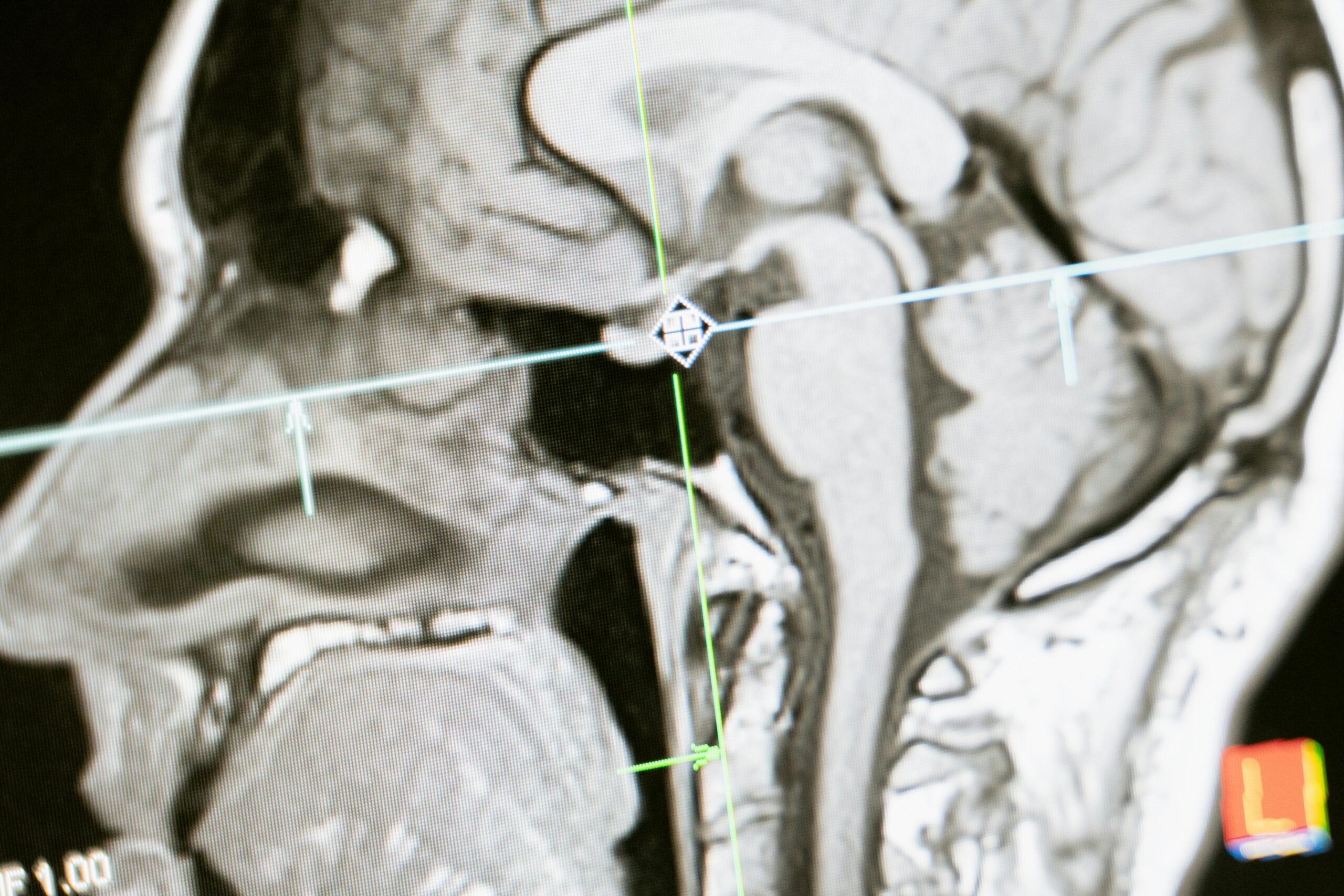Cancer-related cognitive impairment (CRCI), sometimes known as “chemo brain,” describes the memory loss, concentration issues, and slower thinking that many cancer patients encounter both during and after treatment. While chemotherapy is a common culprit, other factors like stress, fatigue, hormonal changes, and the cancer itself can contribute.
Common Symptoms and Causes
In addition to having trouble concentrating, thinking more slowly, and feeling mentally exhausted, many patients also report having trouble remembering things, such as losing daily objects or skipping crucial appointments. While the exact cause of chemo brain remains unclear, scientists think that these annoying cognitive alterations are probably caused by the effects of chemotherapy on brain cells, inflammation, and sleep disturbances brought on by the treatment. Unexpected difficulties in day-to-day living may arise from these symptoms, which may manifest during therapy or last for months thereafter.
How Chemo Brain Affects Daily Life: Real Stories
- Struggle with Memory Loss: When Karen R. was diagnosed with stage 2 breast cancer in February 2014, she underwent eight rounds of chemotherapy, a lumpectomy, and six weeks of daily radiation. By November 2014, her treatment was complete, but while her body healed, her mind lagged behind. At first, Karen didn’t realise how much her memory had declined until her sister pointed it out. During her appointment at Cancer Treatment Centres of America(CTCA), Karen would listen carefully to her doctors, absorb the information, and relay it to her family. But by the next day, those details vanished.” My sister would ask me questions about what the doctor said, and I couldn’t remember. It was like I’d never heard it,” Karen recalls. This frustrating experience is a classic example of chemo brain.
- Emotional Toll : Sarah L, a lymphoma survivor, described chemo brain as “walking through a mental fog.” Simple tasks—like following a recipe or recalling a friend’s name—became exhausting.“I once stood in the grocery store, staring at my shopping list, unable to remember why I was there,” she shares. The frustration led to anxiety, making her hesitant to socialize for fear of embarrassment.
Strategies for Cognitive Support
To combat chemo brain, experts recommend a multi-pronged approach focusing on mental stimulation, organization, and nutrition. Restoring cognitive function can be facilitated by keeping your brain engaged through puzzle and crossword solving, learning a new language or instrument, or using brain-training applications like Lumosity or Elevate. Using voice memos, planners, and sticky notes, helps ensure that vital information is not forgotten. Breaking down more complex activities into smaller, more manageable steps helps avoid overload. Nutrition is also important: eating foods high in omega-3, such as walnuts and salmon, promotes brain health, antioxidant-rich foods like spinach and blueberries reduce inflammation, and drinking enough water keeps dehydration-induced brain fog from making cognitive difficulties worse. These techniques combine to create a potent toolkit for recovering mental clarity.
Natural Remedies & Alternative Therapies
According to certain research, acupuncture can improve cognitive function in cancer patients, which may help them focus better. Meditation and mindfulness exercises are effective ways to calm racing thoughts and lower stress, which frequently makes brain fog worse. Yoga and regular walking are examples of gentle movement therapies that have two advantages: they improve circulation, bringing more oxygen-rich blood to the brain to encourage clearer thinking, and relaxation. When paired with traditional cognitive rehabilitation techniques, these holistic approaches can be very beneficial in providing patients with a more thorough route to mental healing.
When to Seek Professional Help
While many chemo brain symptoms improve with time and self-care strategies, it’s important to recognize when professional intervention becomes necessary. Your oncologist or neurologist should be seen if cognitive problems develop over time, continue after six months of treatment, or substantially disrupt your day-to-day functioning. Depression, thyroid problems, vitamin shortages, and other possible causes for brain fog could mimic the symptoms of chemotherapy. These can be ruled out by medical professionals. Cognitive rehabilitation-focused occupational therapists can create individualized programs that include focused exercises and compensatory techniques to restore memory, concentration, and executive functioning. In more severe cases, medications such as stimulants or Alzheimer’s drugs may be prescribed off-label to enhance cognitive performance. These days, some cancer institutions have dedicated neurocognitive clinics where interdisciplinary teams use the most recent evidence-based methods, such as computerized cognitive training and neurofeedback techniques, to evaluate and treat cognitive abnormalities associated with cancer. When it comes to addressing the difficulties of chemotherapy on the brain, early expert assistance frequently produces superior long-term results.
Chemo brain is real, but manageable. Survivors like Karen and Sarah demonstrate that mental clarity can be restored with the correct techniques, patience, and support.
